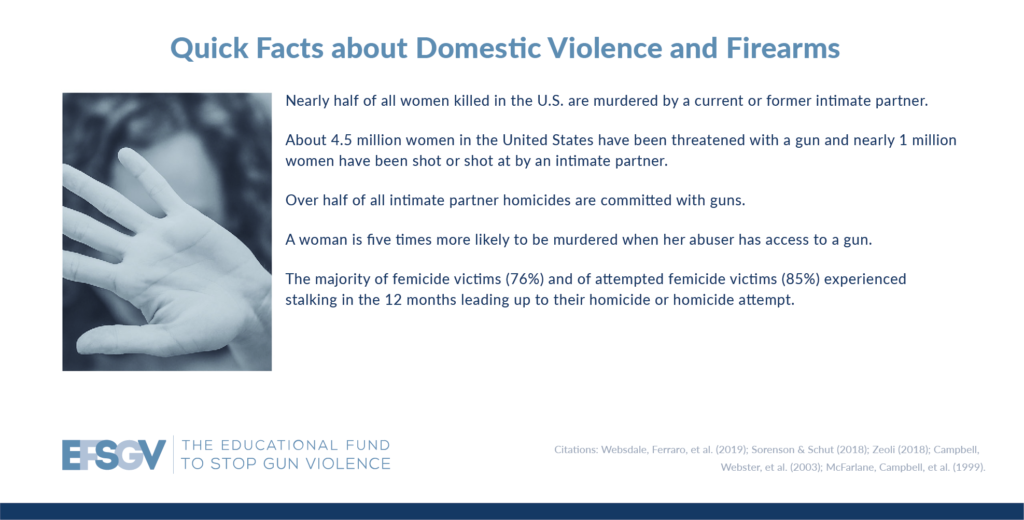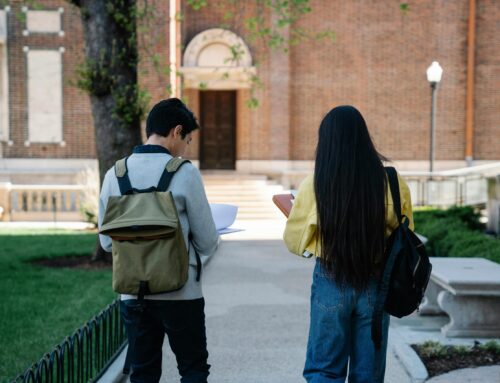Violence has played a perpetual role in our society and civilization. Settler colonialism, the mass transportation and exploitation of enslaved individuals, and systematic oppression continue within today’s society, often unnoticed and unacknowledged. The violence that individuals face in their intimate partner relationships is paramount to the insistency of societal violence and lack of accountability for perpetrators. We must, as a society, acknowledge and hold perpetrators accountable for their abuse. For if left unattended, without advocacy and awareness, how would violence be compromised?
 To discuss the roots of violence within our culture, we must pay tribute to the indigenous communities and communities of color that were exploited, assaulted and abused, and slaughtered. Society cannot progress without acknowledging the violent histories of the past, nor without looking at the precipice in which gun violence exists. Firearms play a significant role in the cycle of abuse; Over half of all intimate partner homicides are committed with guns. On average, 70 women are shot and killed by their intimate partner every month. A survivor’s safety decreases if their abuser has access to firearms or has one in the home. To properly provide competent services, we must be cognizant of these risks that dramatically impact a survivor’s safety.
To discuss the roots of violence within our culture, we must pay tribute to the indigenous communities and communities of color that were exploited, assaulted and abused, and slaughtered. Society cannot progress without acknowledging the violent histories of the past, nor without looking at the precipice in which gun violence exists. Firearms play a significant role in the cycle of abuse; Over half of all intimate partner homicides are committed with guns. On average, 70 women are shot and killed by their intimate partner every month. A survivor’s safety decreases if their abuser has access to firearms or has one in the home. To properly provide competent services, we must be cognizant of these risks that dramatically impact a survivor’s safety.
Survivors face many adverse experiences in their life. Remaining vigilant of factors that threaten the safety and security of survivors is crucial to effectively safety-planning and risk-assessment. Participating in local fundraisers or volunteering for intimate partner violence and/or rape crisis centers and educating oneself on violence and firearm homicide rates of intimate partner violence relationships is the first step anyone can make towards educating and advocating for survivors in their community.
Sources: The Educational Fund to Stop Gun Violence and Everytown Research



